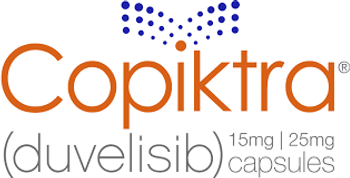
Final results from a phase 3 study found that Copiktra was associated with a higher risk of serious side effects, dose modifications, and deaths compared with Kesimpta.

Final results from a phase 3 study found that Copiktra was associated with a higher risk of serious side effects, dose modifications, and deaths compared with Kesimpta.

Labels now warn that buprenorphine products that dissolve in the mouth can cause dental problems. Buprenorphine is used to treat opioid use disorder and pain.
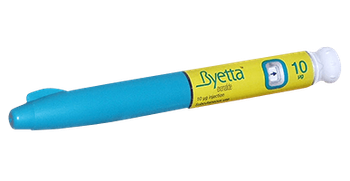
Byetta is used to control blood sugar in patients with diabetes. A new warning includes the risk of gallstones and gallbladder inflammation.

The recalls were made because the medications failed sterility testing.
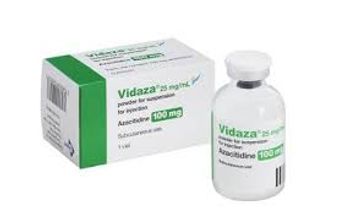
The label now includes a new section about the risk of substituting an oral azacitidine product, Onureg, for the injection therapy.
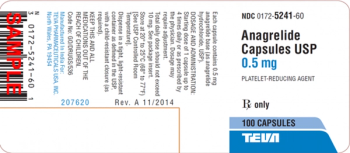
The impacted lot failed a dissolution test, meaning it was taking longer to dissolve once ingested. This can result in less anagrelide available in the body, possibly leading to clotting or bleeding events such as a heart attack or stroke.
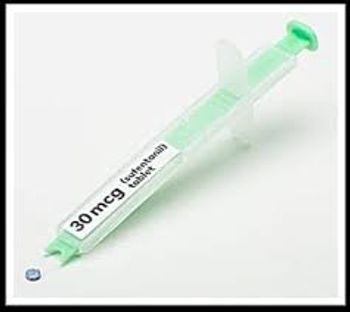
The FDA has changed how often AcelRx Pharmaceuticals is required to audit healthcare settings that administer Dsuvia, which is a synthetic opioid.
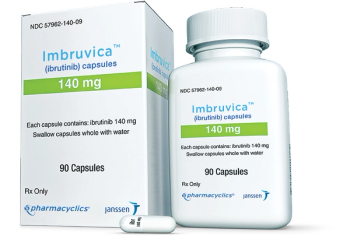
The label for Imbruvica now includes information about the possibility of cardiac failure, which has occurred in 1% of patients. Imbruvica is used to treat B-cell blood cancers.
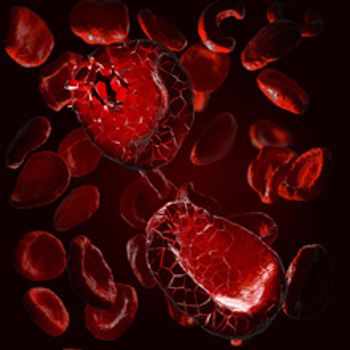
Apokyn and Kynmobi contain apomorphine hydrochloride, which can cause hemolytic anemia that requires hospitalization. The products both treat the loss of muscle movement control caused by Parkinson’s disease.

Some children who received GnRH agonists for precocious puberty have experienced a serious side effect known as idiopathic intracranial hypertension, which results in elevated spinal fluid pressure in the brain.
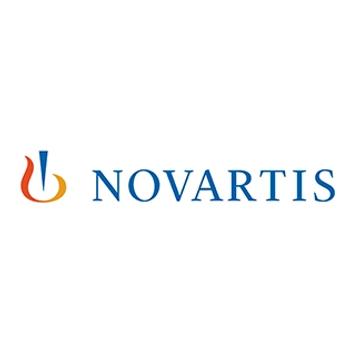
The production suspension will impact both the commercial and clinical trial supplies of Lutathera and Pluvicto in the United States and Canada.
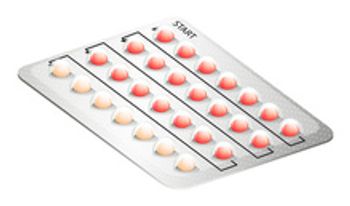
The FDA has made the labels consistent for combined hormonal contraceptives about the risk these products have to women who have or have had breast cancer.
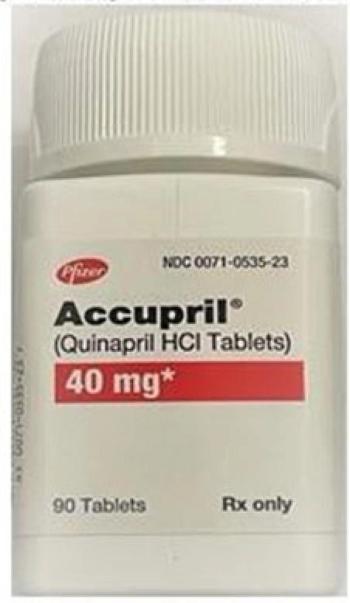
Higher than normal levels of nitrosamine have been detected. Long-term exposure to high amounts of nitrosamine can lead to cancer.
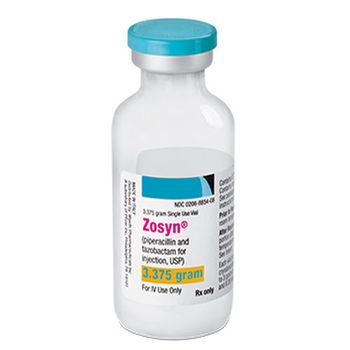
Zosyn’s label was updated to warn about the risk of a severe immune response called hemophagocytic lymphohistiocytosis.
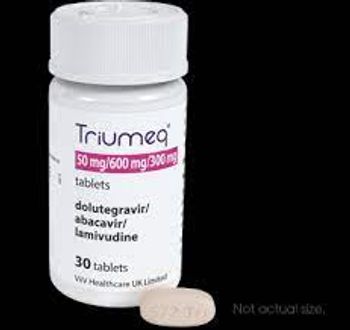
The label of Triumeq now includes additional information about use in patients who have both HIV and hepatitis B.

Some vials have been found to be missing a label.
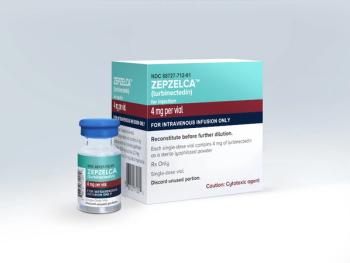
Two new subsections have been added to the warning and precautious section of Zepzelca’s label to address serious adverse events that were identified during post-market monitoring.
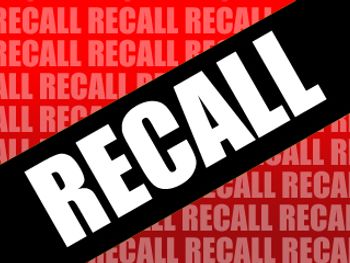
The recall was related to syringes in these lots malfunctioning.

The recall of orphenadrine was due to the presence of the cancer-causing nitrosomine.

The recall of Accuretic and generics distributed by Greenstone is a result of the presence of a cancer-causing agent.

The lots could contain trace amounts of sodium, silicon, chromium, aluminum, and cellulose, which could result in irritation or infection and has the potential to block blood vessels in the heart, lungs, or brain.

B. Braun is recalling five lots because of fluid leakage, which could expose patients to a bacterial or fungal infection.

A total of 28 lots have been recalled because of a high rate of allergic reactions.

Over time, Egaten, an antiparasitic, can increase the QTc interval, resulting in a heart rhythm condition that can cause chaotic heartbeats.

The CDC released the first real world data February 15 in a Morbidity and Mortality Weekly Report (MMWR) that infants younger than 6 months were overall 61% less likely to be hospitalized from COVID-19 if their mothers were vaccinated during pregnancy through completion of a 2-dose primary mRNA COVID-19 vaccine series with either Pfizer-BioNTech (Comirnaty) or Moderna (Spikevax).